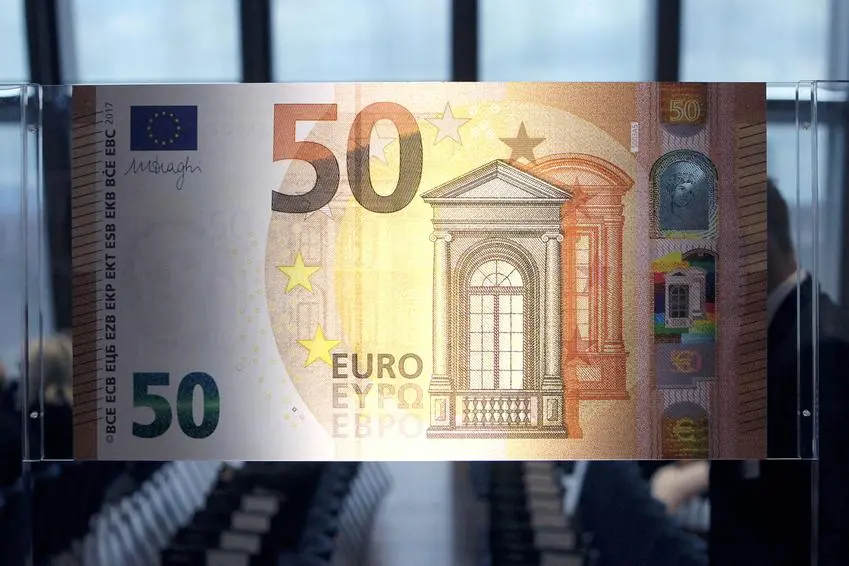PHOTO
Underlying price pressures in the euro zone may prove more difficult to tame but monetary policy is showing signs of effectiveness and further rate hikes must be done step by step, Dutch central bank chief Klaas Knot said on Tuesday.
The ECB has raised rates by a combined 375 basis points over the past year to combat runaway inflation, and at least another two more hikes are expected by investors, but the end of the fastest tightening cycle in the bank's quarter century history is nearing its end.
"Because inflation was high for a long period, underlying inflationary pressures have built up," Knot said in a speech. "It is likely that price pressures in these areas will prove more difficult to bring down."
Underlying inflation, which filters our fuel and food prices, ticked down to 5.3% last month from 5.6%, but ECB chief Christine Lagarde warned on Monday that there was no clear evidence that core price growth has peaked.
Still, Knot expressed some cautious optimism, arguing that the worst of Europe's inflation problems are over, longer term expectations are still "decently" anchored and there is growing evidence that ECB policy is working.
"It is reassuring to see the first signs of recent monetary policy actually being transmitted to the real economy," Knot, an outspoken policy hawk, said.
Borrowing costs for firms and households are rising while macro indicators, such as the drop in house prices, are also showing the impact of policy.
"These are only the first, concrete steps in the transmission of our monetary policy tightening," Knot said. "And we have yet to see their full effect."
Although Knot did not repeat his call for rate hikes in June and July, he said the ECB would continue to raise rates until it saw inflation returning to 2% over the medium term.
But further steps need to be cautious because the higher rates go, the more forceful their impact will be given that previous moves have yet to show their full effect.
The ECB also needed to mind stability considerations because the financial system needed to adjust to higher rates, Knot added. (Reporting by Balazs Koranyi; Editing by Andrew Heavens)





















